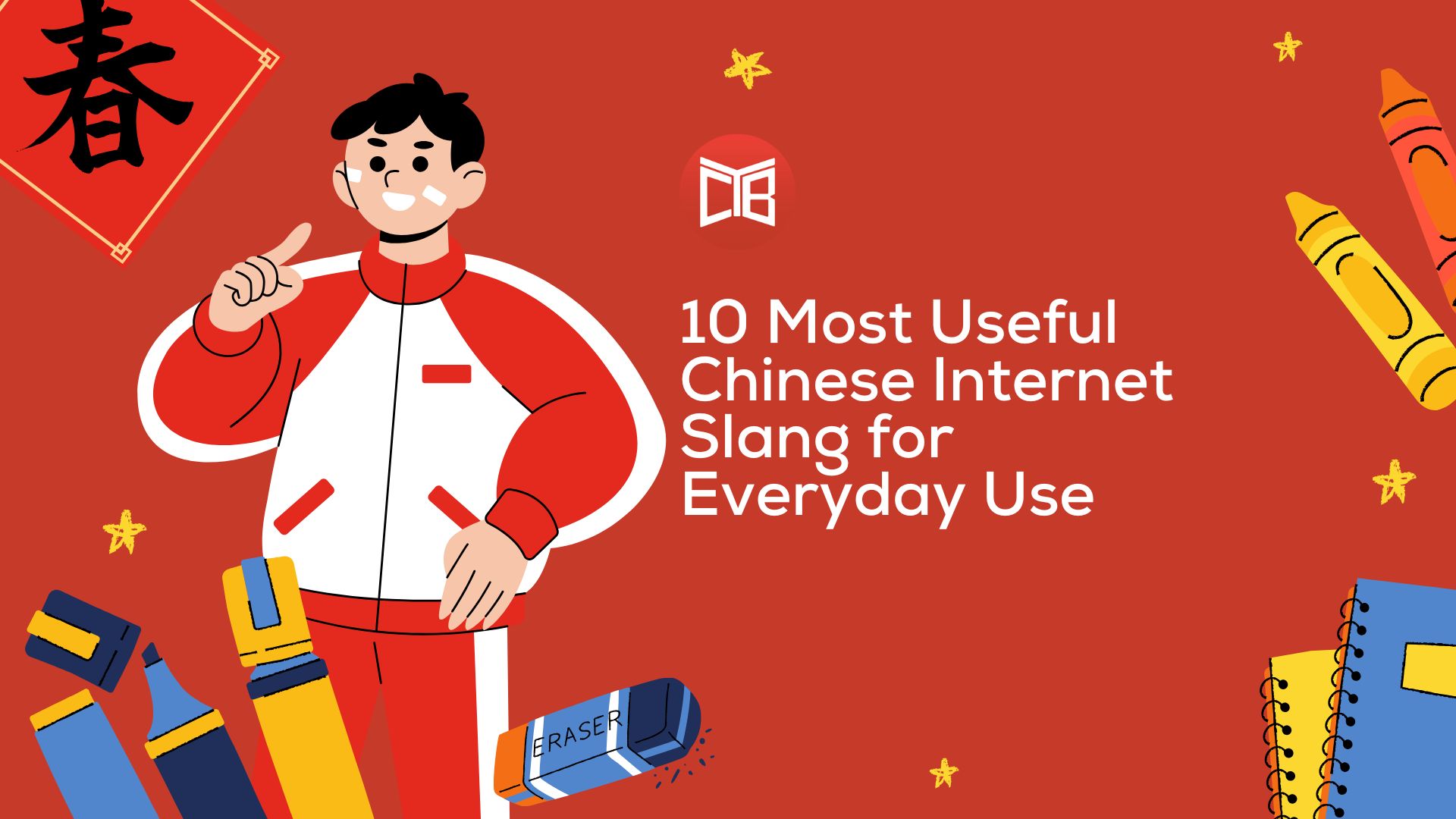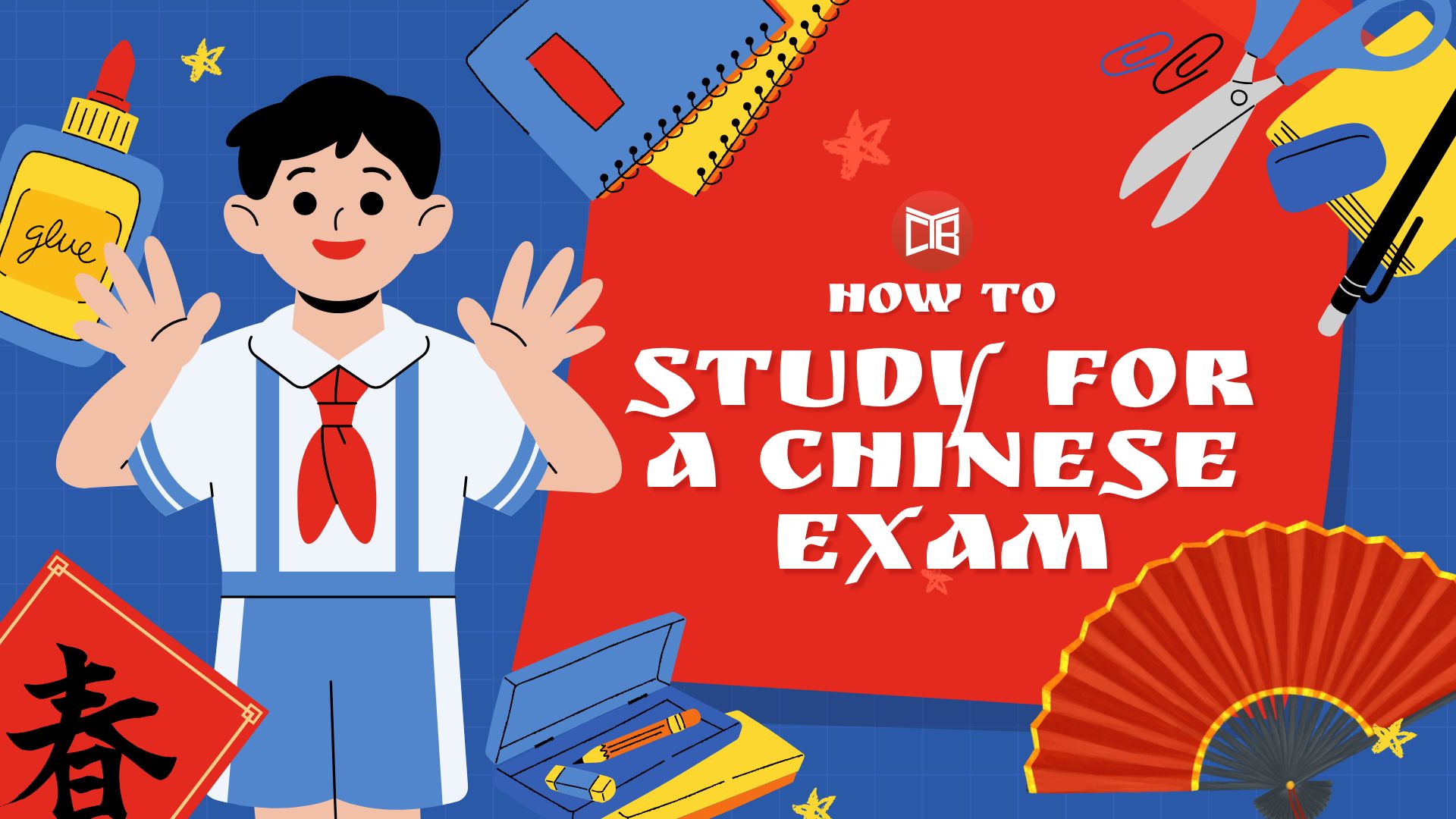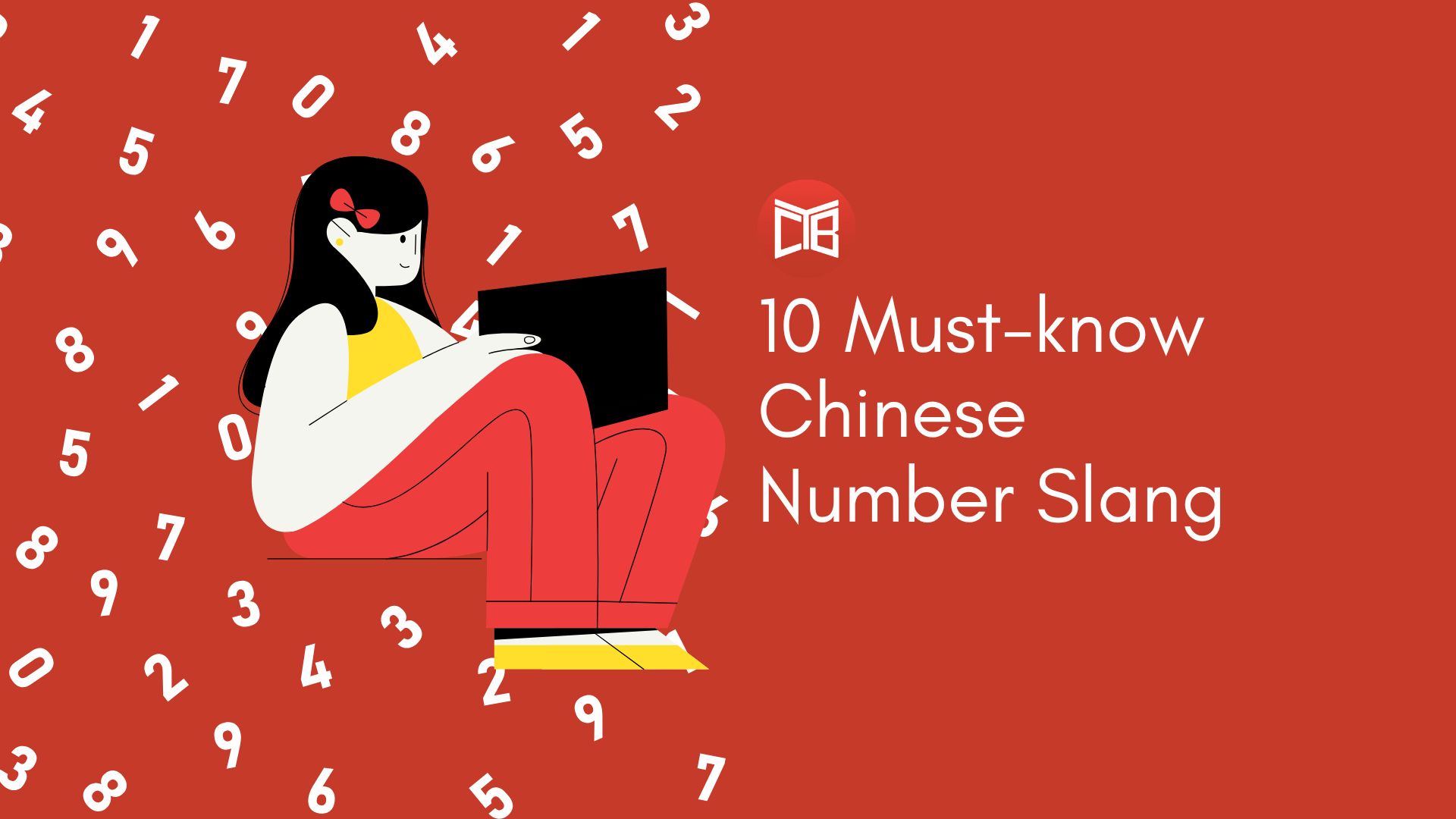
It’s important to have a little fun when learning languages – something that especially true for Chinese. We’ve searched high and low, and by that I mean asked our writers and editors, to give you our top 5 Chinese tongue twisters that you need to know in Mandarin. Why learn tongue twisters in Chinese when you haven’t yet mastered ‘Red Lorry, Yellow Lorry’ in English, I hear you ask? Because they’re great for improving your tonal pronunciation and they’re fun (at least we think so…) – just don’t go confusing yourself if you have an upcoming exam!
It’s the tonal nature of Chinese that makes the language perfectly suited to tongue twisters and also makes them oh so difficult to master! Are you up for the challenge? Each of the tongue twisters are listed first in simplified and then in traditional characters. Why not try to read them directly from the characters first before heading onto Pinyin?
1. Think you know your numbers? Then it’s time to show this first tongue twister who’s boss. This is the easiest Chinese tongue twister we have found at TCB, at least by meaning, but it’s one of the hardest to wrap your tongue around!
SI: 四是四。
十是十,
十四是十四,
四十是四十,
四十四是四十四。
TR: 四是四。
十是十,
十四是十四,
四十是四十,
四十四是四十四。
sì shì sì.
shí shì shí,
shí sì shì shí sì,
sì shí shì sì shí,
sì shí sì shì sì shí sì.
Four is four.
ten is ten,
fourteen is fourteen,
forty is forty,
forty-four is forty-four.
2. 10 Stone Lions – the Chinese tongue twister to end all tongue twisters – is an example of an one-syllable article, which is a form of constrained writing unique to Mandarin Chinese.
SI: 师尊石狮子
TR: 師尊石獅子
shí zūn shí shīzi.
10 stone lions.
Easy? Why not try the whole poem below – this is perhaps the most famous of all Chinese tongue twisters. It contains 92 characters that all have the phonetic pronunciation ‘shi’ – I hope you know your ‘shí’ from your ‘shī’, otherwise this one is going to get messy!
SI: 石室诗士施氏,嗜狮,誓食十狮。
氏时时适市视狮。
十时,适十狮适市。
是时,适施氏适市。
氏视是十狮,恃矢势,使是十狮逝世。
氏拾是十狮尸,适石室。
石室湿,氏使侍拭石室。
石室拭,氏始试食是十狮。
食时,始识是十狮尸,实十石狮尸。
试释是事。
TR: 石室詩士施氏,嗜獅,誓食十獅。
氏時時適市視獅。
十時,適十獅適市。
是時,適施氏適市。
氏視是十獅,恃矢勢,使是十獅逝世。
氏拾是十獅屍,適石室。
石室濕,氏使侍拭石室。
石室拭,氏始試食是十獅。
食時,始識是十獅屍,實十石獅屍。
試釋是事。
shíshì shīshì Shī Shì, shì shī, shì shí shí shī.
shì shíshí shì shì shì shī.
shí shí, shì shí shī shì shì.
shì shí, shì Shī Shì shì shì.
shì shì shì shí shī, shì shǐ shì, shǐ shì shí shī shìshì.
shì shí shì shí shī shī, shì shíshì.
shíshì shī, Shì shǐ shì shì shíshì.
shíshì shì, Shì shǐ shì shí shì shí shī.
shí shí, shǐ shí shì shí shī, shí shí shí shī shī.
shì shì shì shì.
In a stone den there was a poet called Shi, who was a lion addict and resolved to eat ten lions.
He often went to the market to look for lions.
At ten o’clock, ten lions had just arrived at the market.
At that time, Shi had just arrived at the market.
He saw the ten lions, and using his trusty arrows caused the ten lions to die.
He took the corpses of the ten lions to the stone den.
The stone den was damp. He asked his servants to wipe it.
After the stone den was wiped, he tried to eat the ten lions.
When he ate, he realised that these ten lions were in fact ten stone lion corpses.
Try to explain this matter.
3. We all know how teachers feel about students commenting on their age, so use the next one with caution!
SI: 老师是或不是四十四的?
TR: 老師是或不是四十四的?
Lǎo shī shì bú shi sì shí sì de?
Is the teacher 44-years-old or not?
4. If you don’t know, now you know…
SI: 知道就说知道
不知道就说不知道
不要知道说不知道
也不要不知道说知道
你知道不知道?
TR: 知道就說知道
不知道就說不知道
不要知道說不知道
也不要不知道說知道
你知道不知道?
zhīdào jiù shuō zhīdào
bù zhīdào jiù shuō bù zhīdào
bū yào zhīdào shuō bù zhīdào
yě bū yào bù zhīdào shuō zhīdào
nǐ zhīdào bù zhīdào?
If you know, just say you know. If you don’t know, just say you don’t know. You shouldn’t know and say you don’t know. And you shouldn’t not know and say you know. Do you know or not?
5. You can count on there being a tongue twister which uses the phonetic sound ‘ma’ in Chinese. If I had a penny for every time somebody called my mum a horse…
SI: 妈妈骑马,马慢妈妈骂马。
TR: 媽媽騎馬,馬慢媽媽罵馬。
mā mā qí mǎ, mǎ màn, mā mā mà mǎ.
Mother is riding a horse. The horse moves slowly. Mother tells the horse off.
I think my tongue is tied quite enough for one day! As you can see, there are many Chinese tongue twisters that are easy to understand by meaning (with the exception of ’10 Stone Lion’). Tongue twisters are a fun and challenging way to improve pronunciation and, as we all know, there’s plenty of room for thinking outside the box when it comes to learning Chinese!
Got any that you would like to contribute? Contact us here, or reach out on our social media channels. Even better – send in a video or audio recording of you trying out one of the tongue twisters… there’ll be prizes!






















